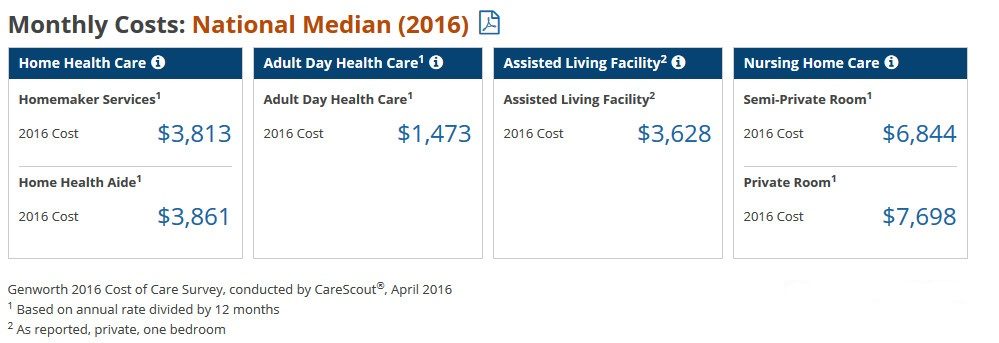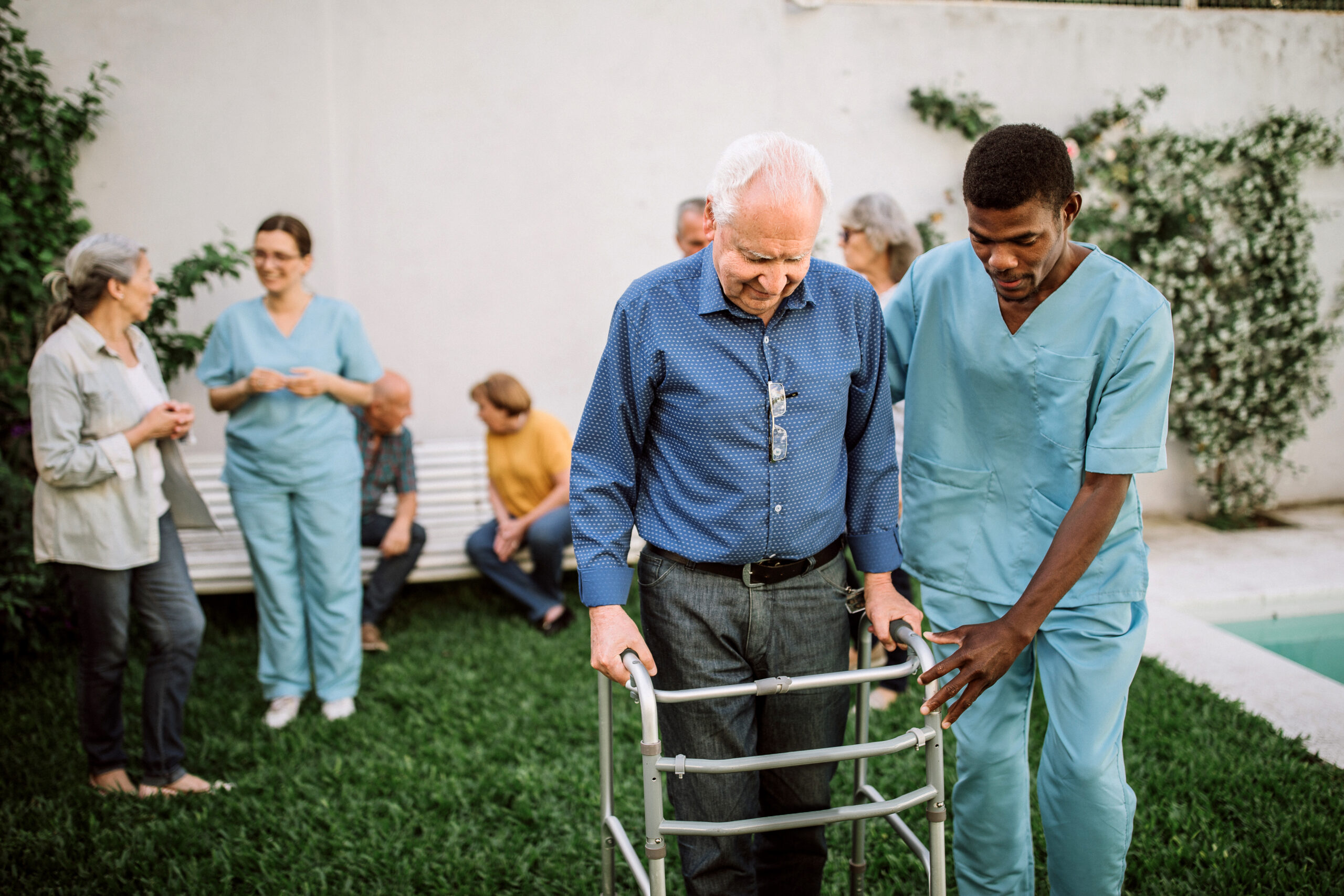
Geriatric care managers can assist you if you or a loved one have health problems. These professionals plan and coordinate care for elderly people and others with disabilities, aiming to meet long-term care needs, improve quality of life, and preserve independence as much as possible. Continue reading to find out more about geriatric caregiver managers and their work.
Job description
Geriatric care managers make health care decisions for the elderly. This job requires extensive knowledge of the elderly population. The individual responsible for hiring, training, and supervising care plans is also responsible.
If you're interested in pursuing this career, you should consider getting educated through a geriatric care manager certification. This certification is awarded by the International Commission on Health Care Certification. The applicant must have two years of experience with case management.

Education
If you want to become a geriatric care manager, education is critical. A master's degree or higher in gerontology will be required for most positions. However, some employers may consider an undergraduate degree. The higher your degree, the more you can expect to earn.
Graduate certificate programs in geriatric care management typically require a bachelor's degree or a master's degree in a human services related field. These programs can usually be completed in between 15-24 months. Some are completely online and others hybrid. Students can complete classes in human growth and development, pathophysiology, and pharmacotherapeutics, as well as coursework in sociology and human services. Some programs require a student to complete a practicum in a senior-care setting before they can complete the program.
Prices
The cost of hiring an experienced geriatric care manager varies depending on their education and experience. An hourly rate of $75 to $250 should be expected to cover the cost of this service for a family. These services will not be covered by Medicare or Medicaid. It is important to discuss billing and payment policies in detail with your potential geriatric care manager.
You should hire care managers based upon their skills and experience. Some care managers have been trained to handle dementia and other aging-related conditions. They can also communicate with family members and physicians, apply for community resources, or keep family caregivers updated about the loved one's condition. Geriatric care managers can help you save time and money.

Relationship with a loved one
As a senior care manager, your loved ones will involve you in many decisions and discussions. Your loved one may have concerns or questions about their health. A good geriatric care manager will be able to communicate with all parties involved, from doctors and medical secretaries to hospital staff and foreign caregiver agencies. A good geriatric care manager will not only be able to communicate with all parties involved, but also look out over your loved one's interests and that of your entire family.
Geriatric care management can be challenging for families. Even though many family members can provide support, it's not always easy. Maybe the elderly person lives far from their family. Or maybe it isn't as simple as it appears.